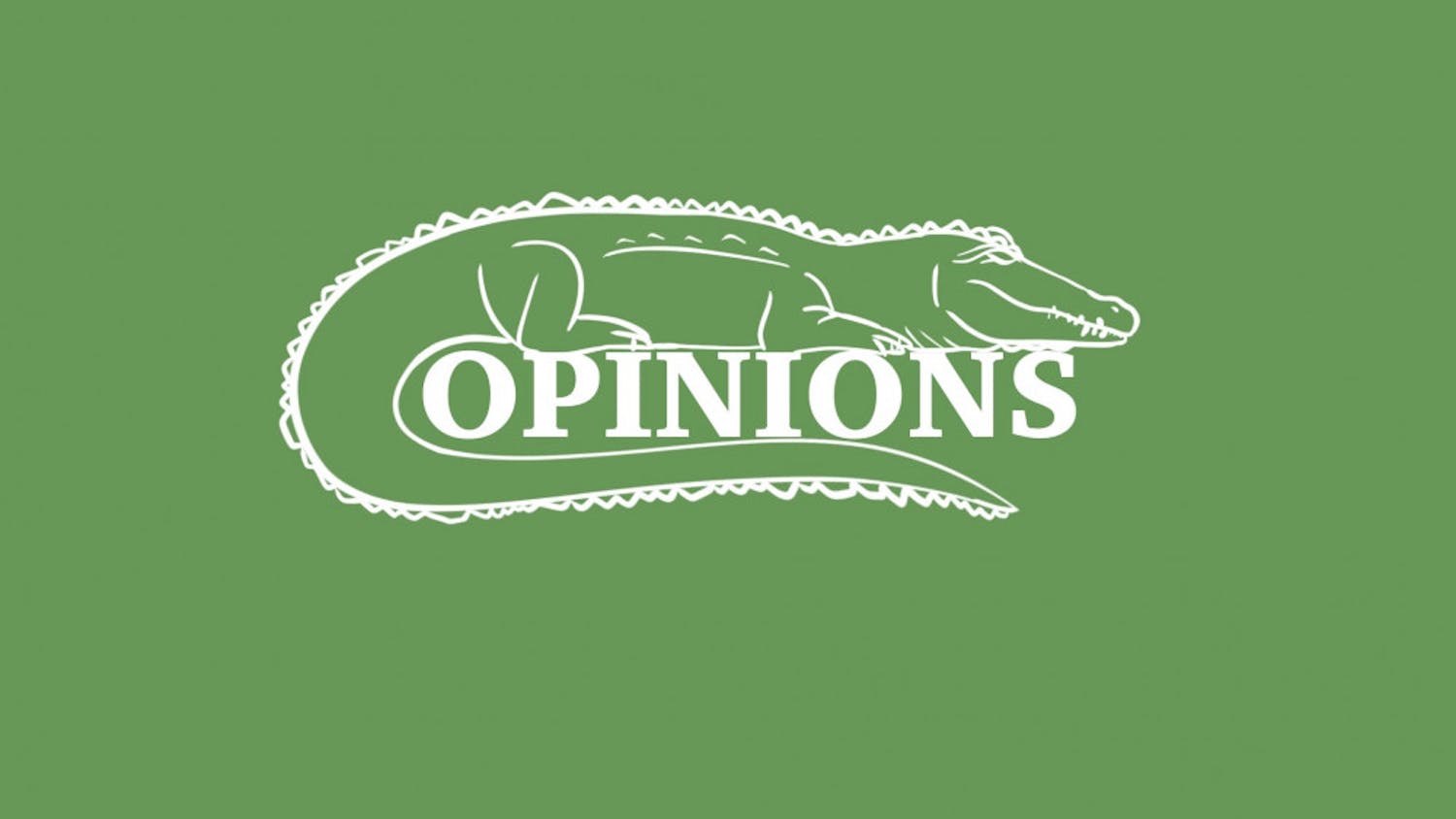We are one week away from seeing a side-by-side contrast of both major presidential candidates. The first of a series of debates between President Barack Obama and Gov. Mitt Romney is rapidly approaching.
On Oct. 3, both candidates will square off at the University of Denver to discuss domestic issues with emphasis on the economy, unemployment and the federal deficit.
Televised debates have been an essential focus in the modern political campaign since 1960, when President Kennedy outshined and overwhelmed Richard Nixon in front of a national audience. At that time, with a growing national media, the American public had limited access to presidential candidates. The emergence of TV during that era allowed ordinary Americans to better identify and become acquainted with the candidates. It appears likely that in 1960, with a nervous Nixon in view to the public, he lost ground to the future victor.
Both candidates demonstrated an initial impression to many voters, and national exposure gave a way to see the contrast between them. The debates seemed to be the primary way to consider both candidates side by side.
After the first 1960 debate, Gallup polls show that Kennedy moved from one point behind Nixon to three points ahead. In that era, with a lack of side-by-side contrast, debates were key in shifting public opinion.
However, as the American people may have been largely unfamiliar with the candidates then, they may be too familiar with the candidates now. The emergence of multiple news networks on TV, the Internet and Facebook and Twitter have developed an overexposure of Obama and Romney.
Neither candidate can say one word or make a single appearance without being criticized, overevaluated and picked apart. With every event available on video to a national audience for nearly two years prior to Election Day, the majority of voters have inevitably decided on a candidate weeks, and even months, prior to the series of debates.
Gaffes are magnified. Every word and every sentence uttered is examined from multiple perspectives in multiple mediums.
As such, the positive, and especially the negative, aspects of our political leaders are condemned on a wide array of settings.
This level of overexposure to our political leaders seems to bring an unprecedented degree of criticism that divides the American public and widens our polarization on the issues. It appears to have reached the point that, regardless of the victor of an election, the majority of the voting public would remain unhappy.
Now during the 2012 election cycle, we already have that side-by-side comparison of the candidates. We have had this information for months.
Candidates are essentially going through the process and attempting to appeal to the few undecided voters. As a result, the debates — as important as they once were in defining a candidate’s vision and in creating contrast — are now effectively telling us what we already know. Now, their overall impact should be minimal, since the media has essentially defined the candidates for us.
Instead, the debates should be a way to differentiate candidates and their respective visions and leadership styles as they were in the days of Kennedy and Nixon. It appears that, like all other campaign events, this year’s debates will primarily serve as material for the opposition to use as ammunition.
The debates will serve to widen candidates’ viewpoints on the issues. Unfortunately, I expect they will have little impact in defining the remainder of the presidential campaign.
Matthew Schnur is an economics freshman at UF. His column appears on Wednesdays. You can contact him at opinions@alligator.org.





